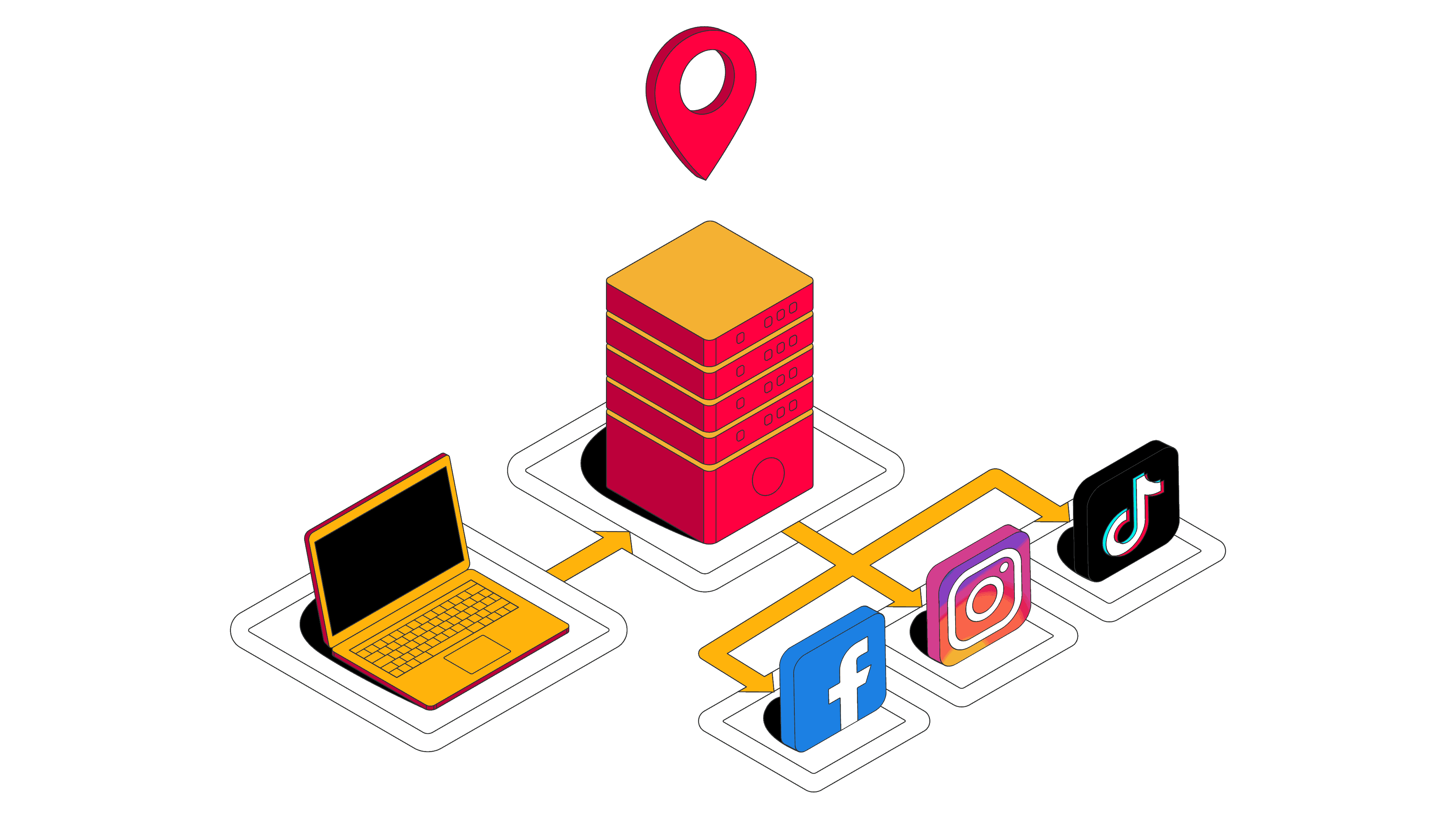- December 18, 2024
Social Media in Education: Transforming the Learning Experience with Facebook

Table of Contents
ToggleIn the digital age, social media has become an indispensable part of our daily lives. Beyond its role in connecting people, social media platforms like Facebook are now playing a transformative role in education. By bridging communication gaps, providing access to resources, and fostering collaboration, Facebook and other platforms are shaping the future of learning. Let’s delve into how social media is revolutionizing education and why it’s becoming a valuable tool in classrooms and beyond.
Enhancing Communication and Collaboration
One of the most significant benefits of integrating Facebook into education is its ability to enhance communication between students, teachers, and parents. Facebook Groups, for example, serve as virtual classrooms where members can share updates, post assignments, and discuss topics. This fosters a sense of community, especially in remote or hybrid learning environments.
Teachers can use Facebook to post announcements, share educational videos, and provide real-time feedback on assignments. Students, on the other hand, can engage in collaborative projects, share insights, and seek peer support. These interactive features create a more engaging and dynamic learning process, breaking the traditional barriers of a physical classroom.
Access to Diverse Educational Resources
Facebook is a treasure trove of educational content, with countless pages and communities dedicated to learning. From science and history to arts and technology, there are resources for every subject imaginable. Educational institutions and organizations frequently share webinars, articles, and interactive content, giving students access to a wealth of knowledge beyond textbooks.
Moreover, Facebook’s algorithm often suggests content based on a user’s interests. This personalized approach can encourage students to explore new topics, follow educational influencers, and stay updated on recent developments in their fields of interest.
Fostering Creativity and Critical Thinking
Social media platforms like Facebook encourage students to think critically and creatively. For instance, assignments that involve creating posts, videos, or infographics challenge students to present information innovatively. Such tasks not only enhance understanding but also equip students with digital skills essential for the modern world.
Students can also participate in online debates, discussions, and forums. These interactions expose them to diverse perspectives, helping them develop critical thinking and problem-solving abilities. By engaging with a global audience, students learn to articulate their views effectively and respectfully.
Real-World Applications of Social Media in Education
1. Building Digital Portfolios
Facebook’s timeline feature can be used to create digital portfolios, where students showcase their projects, achievements, and skills. These portfolios serve as a record of their academic journey and can be shared with potential colleges or employers.
2. Hosting Virtual Events
Educational institutions can leverage Facebook Live to host virtual events, including guest lectures, workshops, and Q&A sessions. These events are not only cost-effective but also accessible to a larger audience.
3. Facilitating Peer Learning
Facebook Groups allow students to connect with peers worldwide, enabling knowledge exchange and cultural understanding. Collaborative learning opportunities like these prepare students for a globalized world.
Technology’s Impact on Modern Education
Incorporating technology into education doesn’t stop at social media. IoT design solutions are becoming integral to creating smart learning environments. By connecting devices and systems, IoT enhances the accessibility and efficiency of educational tools. For example, smart classrooms equipped with IoT devices can provide personalized learning experiences, track student performance, and even automate administrative tasks. These advancements complement the role of social media in modern education, offering a holistic approach to improving the learning process.
Addressing Challenges and Concerns
While the integration of Facebook in education offers numerous benefits, it’s not without challenges. Concerns about privacy, data security, and potential distractions need to be addressed to maximize its effectiveness. Schools and educators must establish guidelines to ensure safe and productive use of social media.
Digital literacy is another critical aspect. Both students and teachers need training to navigate social media responsibly and identify credible sources of information. By fostering awareness and setting boundaries, educators can mitigate the risks associated with social media usage.
Conclusion
Social media, particularly Facebook, has the potential to transform education by making it more interactive, accessible, and engaging. From enhancing communication to fostering creativity and offering real-world applications, the integration of platforms like Facebook is shaping a new era of learning. When combined with advanced technologies like IoT design solutions, the possibilities for innovation in education are endless.
As we continue to embrace digital tools, it’s essential to address the challenges they bring and ensure they are used ethically and effectively. By doing so, we can create a learning environment that not only meets the needs of today’s students but also prepares them for the future.
Share it with your friends!
Explore
More
Ready to get started?
Harness the unmatched capabilities of ActionSprout to transform your Facebook strategy. Elevate engagement, captivate your audience, and achieve unparalleled results. Don’t wait – seize the opportunity.

